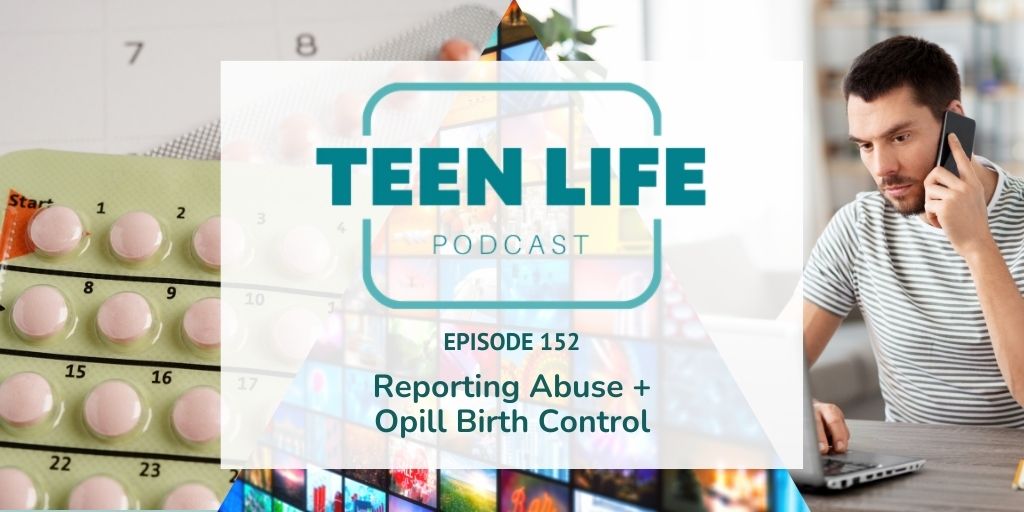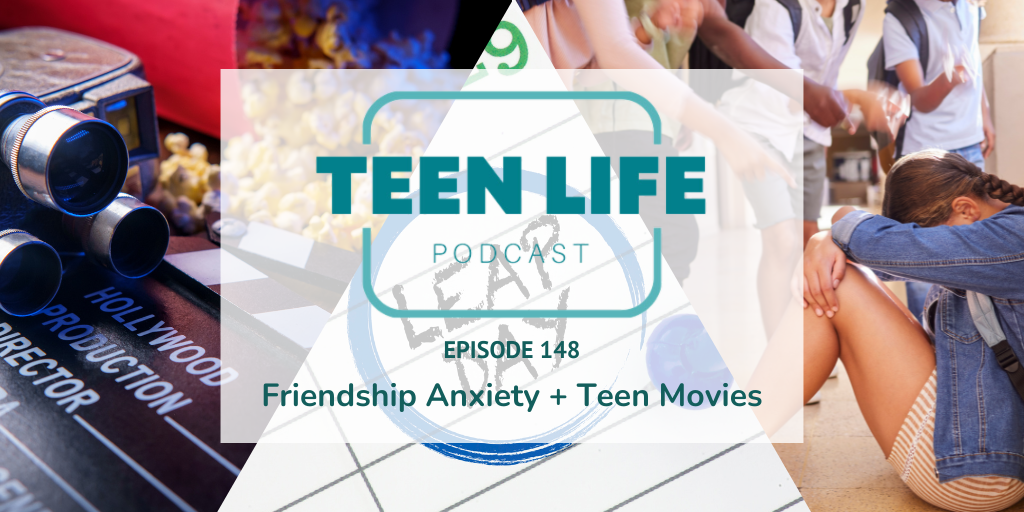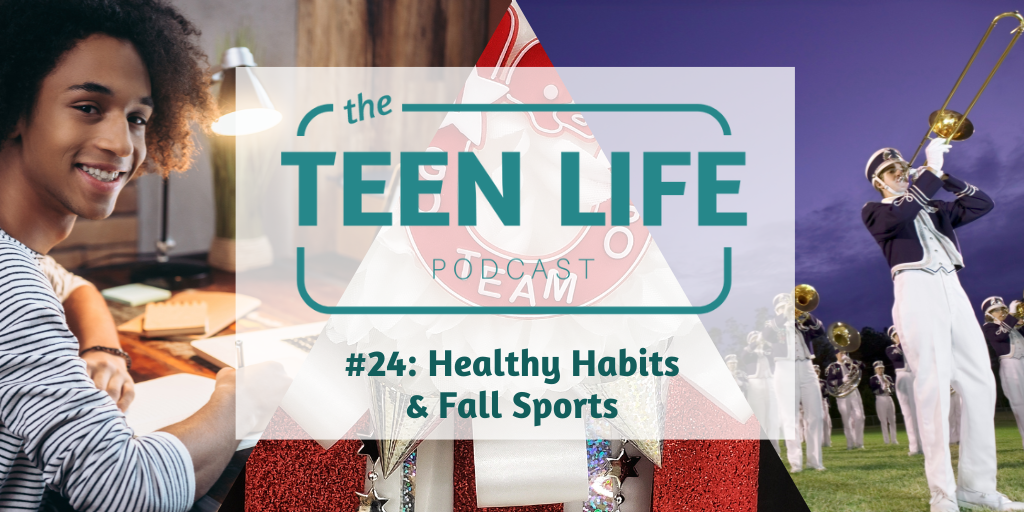Podcast: Play in new window | Download
Reporting Abuse to Protect Teens in Texas
As parents and caring adults, one of our most important responsibilities is ensuring the safety and well-being of the teenagers in our lives.
Unfortunately, there are instances where teens may be subjected to various forms of abuse or neglect, which can have long-lasting and devastating effects on their physical and emotional health. It’s crucial to understand what constitutes abuse, how to recognize the signs, and what steps to take to report it.
What needs to be reported?
Abuse, in any form, is unacceptable and must be reported promptly. Whether it’s mental, emotional, physical, or sexual injury, or the failure to prevent such harm, it’s imperative to intervene. Neglect also falls under the umbrella of abuse.
Neglect or blatant disregard for the child’s welfare or failure to make a reasonable effort to prevent physical or sexual harm; includes:
- leaving a child in a dangerous situation
- failing to seek medical care for the child
- failure to provide necessary food, clothing or shelter
In the state of Texas, failing to report suspected abuse can lead to legal consequences, ranging from misdemeanor to felony charges.
What are the signs of abuse?
Recognizing the signs of abuse is critical for early intervention and protection of vulnerable teens. These are the most common signs to look for. It’s important to take them seriously.
- frequent injuries
- frequent complaints of pain without obvious injury
- lack of reaction to pain
- extreme fear or anxiety of going home or seeing parents
- unreasonable clothing that might be hiding injuries
- malnourishment
- consistent concern for lack of personal hygiene
- stealing or begging for food
- child unattended for long periods of time
- inappropriate sexual comments or behaviors
- knowledge of sexual relations beyond what’s expected
- severe depression, anxiety, or aggression
What does reporting look like?
Reporting abuse in Texas can be done online or by phone, with immediate action required in urgent situations. If it’s an urgent case, it’s better to call.
It’s also important to note that anonymous reporting to the Texas Department of Family and Protective Services (DFPS) is no longer permitted as of September 2023. However, you can still make anonymous reports to local and state law enforcement agencies.
When reporting, you’ll be asked for detailed information like:
-
People involved – who is being abused and who you suspect is responsible and others who can provide information
-
What happened – detailed information on concerns and reasons you are reporting
-
Safety concerns – detailed information regarding domestic violence, drug and alcohol abuse, living conditions and other safety concerns
Reporting in good faith provides legal immunity, and the identity of the reporter is kept confidential by DFPS.
Also in this episode
In this episode, we mentioned or used the following resources.
- NPR: First over-the-counter birth control pill heads to stores
- USAToday: America’s first over-the-counter birth control pill will be available soon
- Nemours TeensHealth: Birth Control (Contraceptive) Pill
- Texas Department of Family and Protective Services: Report Abuse, Neglect, or Exploitation | Recognize the Signs of Child Abuse
- DFPS Abuse Hotline: 1-800-252-5400
- Podcast music by Luke Cabrera & Tobin Hodges
More Resources You Might Like
Have a question?
If you have a question about something you heard or just want to give us some feedback, please leave us a comment below. We would love to hear from you!

Karlie Duke
Communications Director

Tobin Hodges
Program Director

Caleb Hatchett
Podcast Host
Caleb Hatchett | Podcast Co-Host
Caleb loves helping teenagers take ownership of their faith and relationships. He graduated from Abilene Christian University with a degree in Youth and Family Ministry and is currently Student Ministry Director at Jenks Church in Oklahoma.
Tobin Hodges | Program Director
Tobin’s entire career has been centered around students and teens from all walks of life. He has a passion for helping teens be their best selves. As Program Director, he loves working directly with school staff and students through Teen Life Support Groups. Tobin has a Bachelor’s Degree in Music from Texas Tech University.
Karlie Duke | Director of Communications
Karlie has always had a heart for teenagers. Through her role at Teen Life, she loves to showcase the amazing stories coming out of Support Groups, but she is especially passionate about helping adults and teenagers find connection. Karlie has a BS in Communications with a minor in Family Studies from Abilene Christian University.












